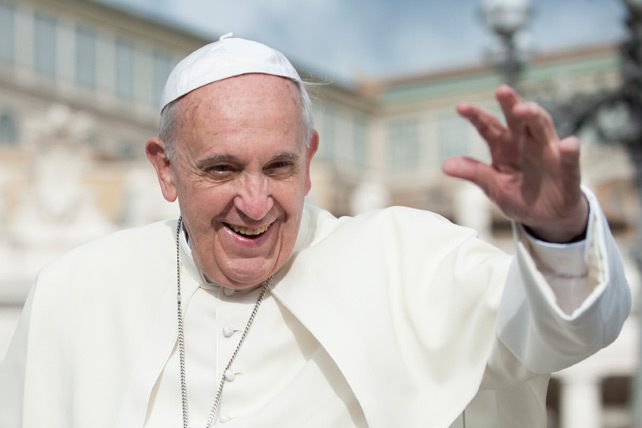The CNN BeliefBlog reported on a new report from Vatican officials using “strikingly open language” about homosexuals, saying the church should welcome and appreciate them in their churches.
“Homosexuals have gifts and qualities to offer to the Christian community. Are we capable of welcoming these people, guaranteeing to them a fraternal space in our communities? Often they wish to encounter a church that offers them a welcoming home. Are our communities capable of providing that, accepting and valuing their sexual orientation, without compromising Catholic doctrine on the family and matrimony?”
“It went so far as to pose the question whether the church could accept and value their sexual orientation without compromising Catholic doctrine,” said John Thavis, a former Rome bureau chief for Catholic News Service.
The report went on to firm re-state the Catholic Church’s position that marriage is between a man and a woman and therefore, “unions between people of the same sex cannot be considered on the same footing as matrimony between a man and a woman.” However, it notes that there are examples of good gay relationships “in which mutual aid to the point of sacrifice constitutes a precious support in the life of partners.”
The Rev. James Martin, an author and Jesuit priest, called the report’s language on gays and lesbians “revolutionary,” saying, “This is a stunning change in the way that the Catholic Church speaks about gay people.”
“The synod said that gay people have ‘gifts and talents to offer the Christian community.’ This is something that even a few years ago would have been unthinkable,” Martin added.












